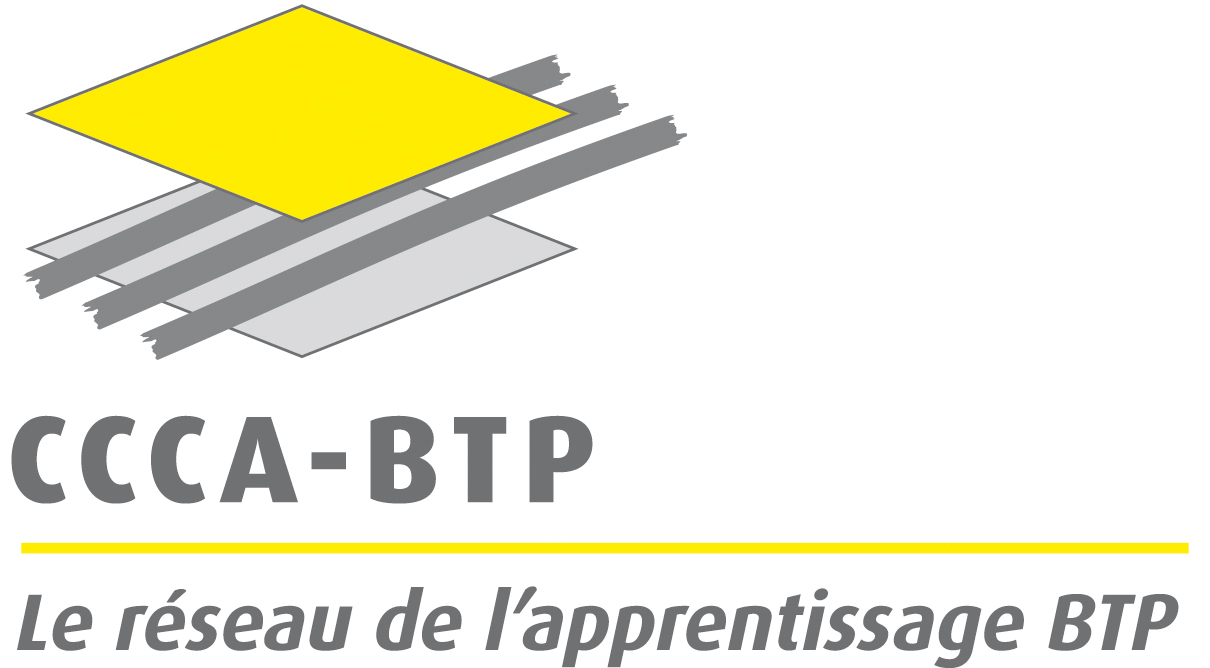
(IA)²
2023-2025: Artificial Intelligence to help apprentices continue their post-baccalaureate studies: the origins of the (AI)² project
The growing complexity of projects, the increasing demands of standards, energy and environmental issues, and the rise of new technologies (home automation, 3D printing, data modelling, etc.) have led to an increase in the need for qualifications in companies, and the number of managerial staff in the building and public works sector is rising sharply. The work on recruitment tensions carried out by the DARES highlights that these occupations are affected by recruitment difficulties, with a tension index of 5 (the highest possible index).
On the other hand, the rate of students continuing their studies in higher education remains too low and does not allow us to train engineers and senior technicians in response to business demand. In the Normandy region, where Builders is based, the overall rate of new baccalaureate holders continuing their studies is 75.4%, lower than the national average (77.1% for France). According to the STRATER report, the population of Normandy has the lowest rate of graduates of any region in mainland France.
In addition, according to the Cereq Generation survey, a significant number of training courses in the building and civil engineering sector remain unfinished, with a rate of 27% of leavers without qualifications, compared with 13% in other sectors. Young apprentices account for 60% of those leaving without a diploma (compared with just 17% for non-BTP courses). For them, as for companies, a breach of contract is always painful and problematic. These failures are often due to apprentices dropping out of school, and it is up to the Apprenticeship training bodies (OF-A) to combat this.
Learners have increasingly diverse backgrounds: vocational, technological or general baccalaureate (with various specialities), BTS, Bachelors, vocational licences, ATS preparatory courses, etc. This diversity of backgrounds leads to highly heterogeneous skill levels.
This diversity of pathways leads to a wide range of skill levels, giving rise to three major potential risks:
- A barrier to further study,
- Academic difficulties,
- Failure or dropping out of school.
(IA)² - L'Intelligence Artificielle pour l'Individualisation de l'Apprentissage (Artificial Intelligence for Individualised Learning)
In this current context, three issues have been identified in the development of the (IA)² project:
- The challenges for apprentices
- Help with entry to higher education or further study, whatever the previous level 4 to 6 pathway,
- Help with reorientation after completing levels 4 to 6,
- Combating early school leaving in Bachelors and Civil Engineering courses.
- The challenges for Apprenticeship training bodies (OF-A)
- Increase in the number of apprentices with level 6 or 7 qualifications,
- Supporting teachers in managing classes of mixed ability levels,
- Improving apprentices follow-up.
- The challenges for companies and the building and public works sector
- Fewer apprenticeship contracts terminated for academic reasons,
- Recruitment of a sufficient number of managers and senior technicians in the construction and public works sector to meet needs.
The maturity of technologies linked to Artificial Intelligence (AI) enables the creation of adaptive e-learning modules. The customisation of training courses means:
- Reduce the duration of academic courses,
- Increase educational effectiveness,
- Manage heterogeneous audiences,
- Have a significant impact on learner motivation.
Cognitive science research has identified a series of recommendations for educational resource designers in order to maximise learning effectiveness.
Expected results of the project
- Creation of didactic training courses for trainers,
- Creation of adaptive courses in basic sciences, construction techniques and English,
- Creation of a guide to good practices for dissemination among OF-As wishing to implement this teaching method with their apprentices.
The funder
The (IA)² project is 50% funded by the CCCA-BTP out of a total budget of €253,080.

